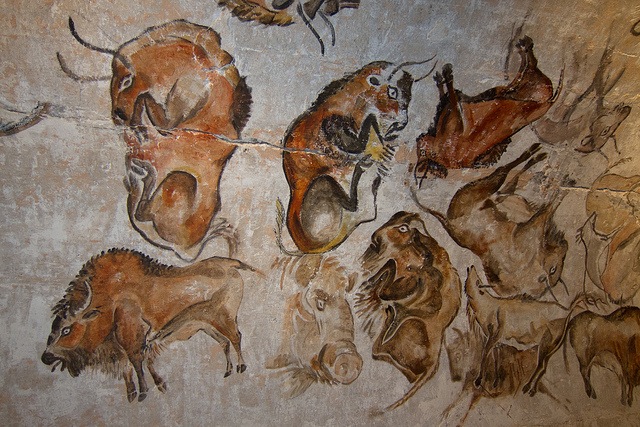It has come to this – we’ve had the digital natives, the digital immigrants and now we have the digital hunter-gatherers.
This is the logical end of the ‘sharing economy’ philosophy which sees retweets, mentions and Facebook likes a hard asset.
Unfortunately having 100,000 Facebook friends giving the thumbs up to your latest retweet of an article of dubious value doesn’t translate into income – most of the digital curators find themselves living a hunter-gatherer lifestyle.
Life as a hunter gatherer is not pretty or easy – it’s short and brutal. The only certainty as a hunter gatherer is if you don’t find something to eat today, you will starve tomorrow.
In some ways, it’s fair to say the modern social media expert is not dissimilar to the prehistoric hunter gatherers in that their days are numbered and starvation is a near certainty.
One conceit of modern times is that life was so much better in the pre-industrial era; that before the industrial revolution people worked less and primitive man lived a noble life unshackled by possessions.
That’s all nonsense. Mankind shifted to an agricultural and then an industrial society because life is a lot better than fighting sabre toothed tigers for buffalo or trying to live on berries.
Myths like this are part of masking the steady decline in middle and working class incomes. George Freedman, the CEO of the Stratfor security consultancy, discussed this in his blog post The Crisis of the Middle Class and American Power.
The rise of the precariat, workers employed on a casual or project based basis, is part of that erosion of incomes. As Freedman says, the “the decline of traditional corporations and the creation of corporate agility that places individual workers at a massive disadvantage”.
In this respect, today’s digital hunter gatherers are more like the day labourers of a hundred years ago where workers, like my great-grandfathers, would wait at the gates of the factories or docks hoping to be picked for the day’s work.
One of the truths of today’s workforce is that it’s a harder place than a generation ago and the expectation of naturally rising incomes is gone for the bulk of the population.
This means we have to re-imagine our own roles in a changed economy. The assumptions of the post-war economy which have sustained us for over fifty years no longer hold.
Hunter gathering hopefully won’t be option which we end up with.
Reproductions at the Museo del Mamut, Barcelona 2011 from quinet on Flickr

